電 話:13932635398
手 機(jī):13932635398
手 機(jī):18731612495
在線咨詢QQ:2035687447
公司地址:廊坊市安次區(qū)盛德花園(南底商)20-1-101
Motion Control Technology
Motion control technology is a rapidly growing field of engineering that is used to control the movement of machines and robots. It is used in a variety of industries, from automotive to aerospace, and is becoming increasingly important as automation and robotics become more prevalent. Motion control technology is used to control the speed, direction, and position of a machine or robot.
There are several different types of motion control technology, each with its own advantages and disadvantages. The most common type is servo-based motion control, which uses a servo motor to control the movement of a machine or robot. Servo motors are highly accurate and can be programmed to move in a specific direction or to a specific position. They are also relatively inexpensive and easy to use.
Another type of motion control technology is stepper motor-based motion control. Stepper motors are more accurate than servo motors and can be used to control the speed and direction of a machine or robot. They are also more expensive than servo motors, but they are more reliable and can be used in more complex applications.
Finally, there is the use of computer numerical control (CNC) motion control technology. CNC motion control is used to control the movement of a machine or robot using a computer program. This type of motion control is highly accurate and can be used to control the speed, direction, and position of a machine or robot.
No matter what type of motion control technology is used, it is important to understand the advantages and disadvantages of each type. By understanding the different types of motion control technology, engineers can make informed decisions about which type is best suited for their application.


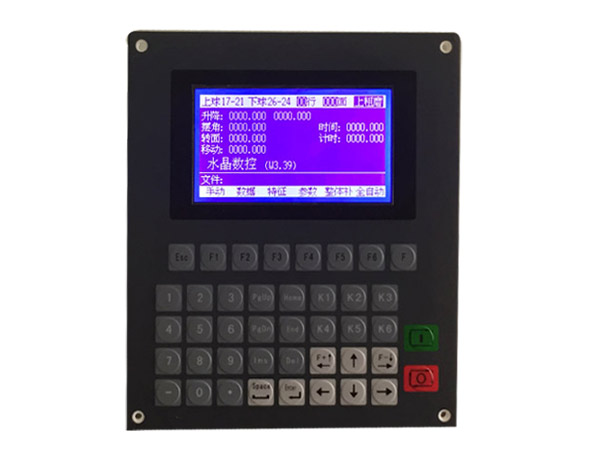
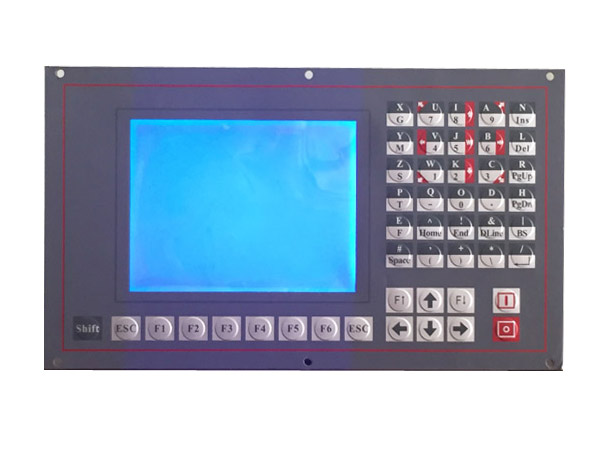
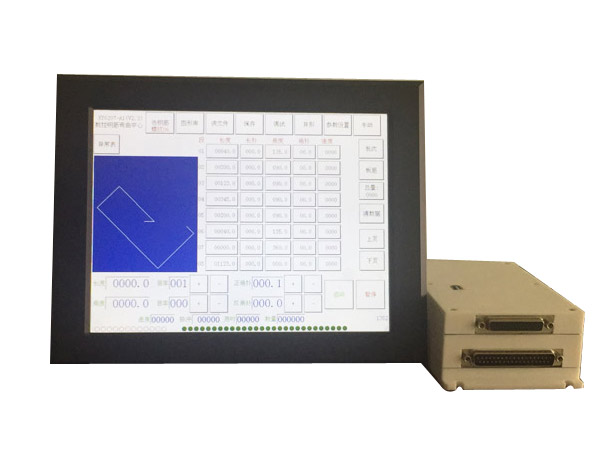
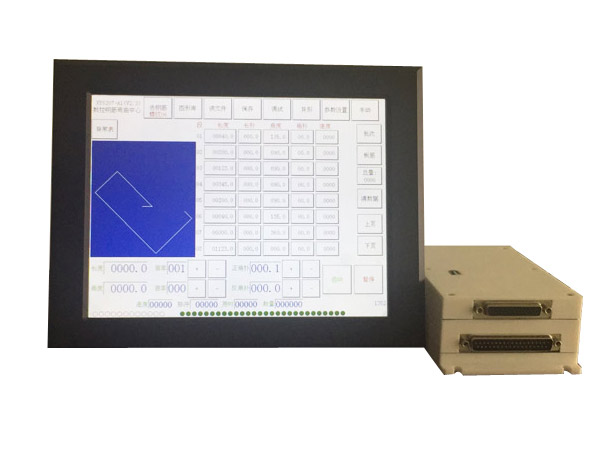
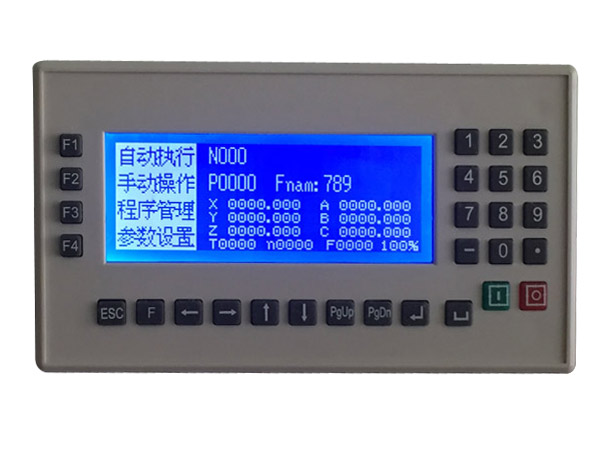
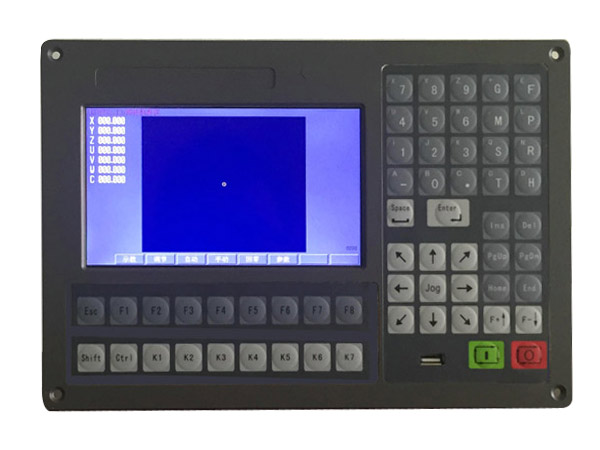
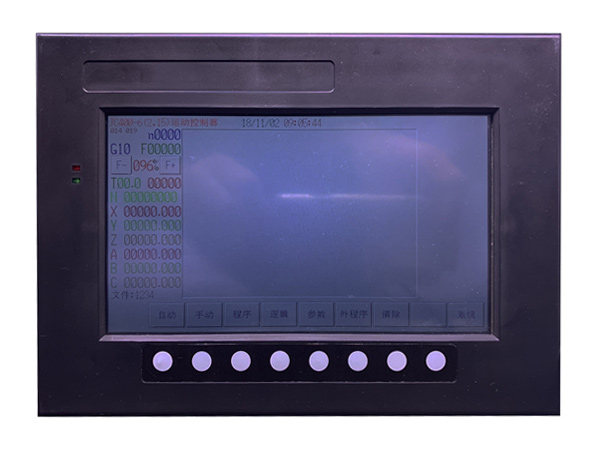
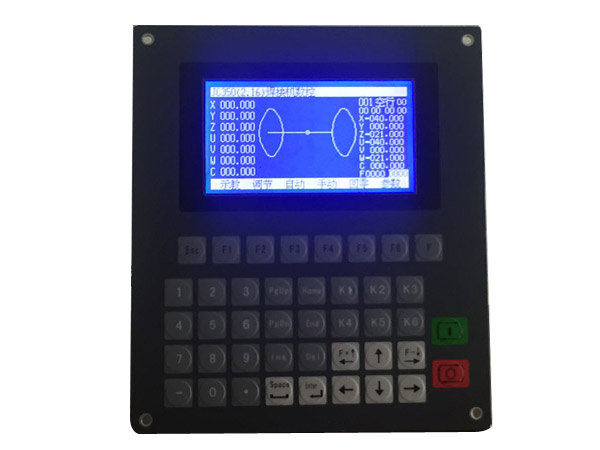
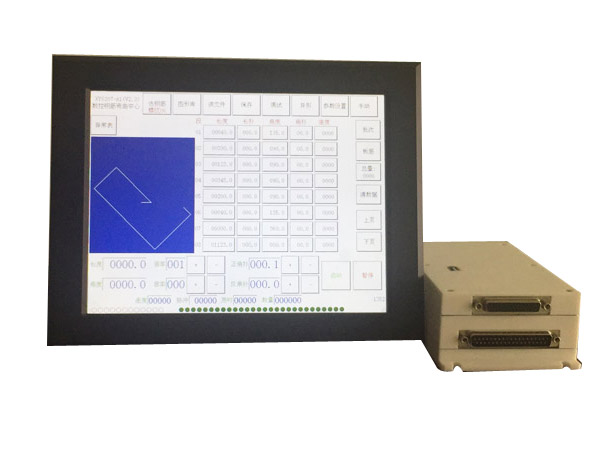
 冀公網(wǎng)安備 13100202000581號(hào)
冀公網(wǎng)安備 13100202000581號(hào)